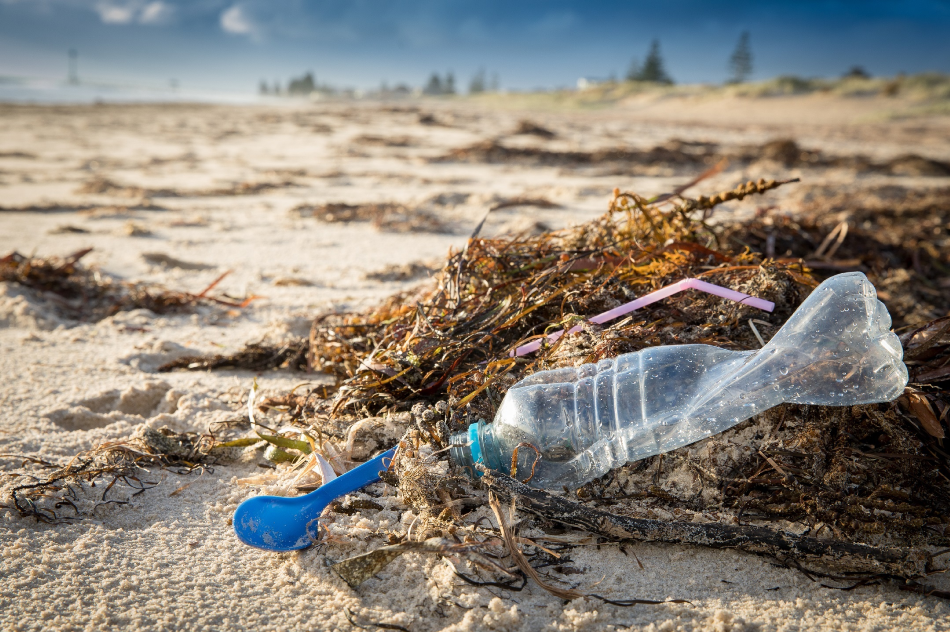Mar 12 2020
Plastic waste in the ocean is making its way back to land and increasing pollution on Australia’s beaches, according to new research from CSIRO, Australia’s national science agency.
 New research shows that plastic waste from our oceans is ending up back on land, where it becomes trapped in vegetation.
New research shows that plastic waste from our oceans is ending up back on land, where it becomes trapped in vegetation.
It explains why estimates of waste entering the ocean each year are 100 times larger than the amount of plastic observed floating on the surface, and suggests waste management strategies on land need to accommodate larger volumes of pollution than previously estimated.
Dr Denise Hardesty is a Principal Research Scientist with CSIRO, working to solve the plastic pollution crisis by reducing unmanaged plastic leaking into the environment.
“We collected data on the amount and location of plastic pollution every 100 kilometres around the entire coast of Australia between 2011 and 2016,” Dr Hardesty said.
“The highest concentrations of marine debris were found along the coastal backshores, where the vegetation begins.”
Arianna Olivelli from Utrecht University, who led the analysis, said these findings indicate that coasts are a major sink for marine debris, particularly for larger debris items.
“The debris recorded along the coasts was found to be a mix of littering and deposition from the ocean,” Ms Olivelli said.
“The results suggest that plastic is moving from urban areas into the ocean, and then being transported back onshore, and pushed onto land, where it remains.
“Onshore wind and waves, together with more densely populated areas, influences the amount and distribution of marine debris. The further back we went from the water’s edge, the more debris we found.”
Wave activity has a much stronger effect than wind in determining where debris ends up.
These findings highlight the importance of including the entire width of coastal areas in studies to understand how much – and where – debris gets trapped.
This is critical for developing targeted waste management policies, particularly in areas with large regional populations, to reduce litter ending up in our oceans and along our coasts.